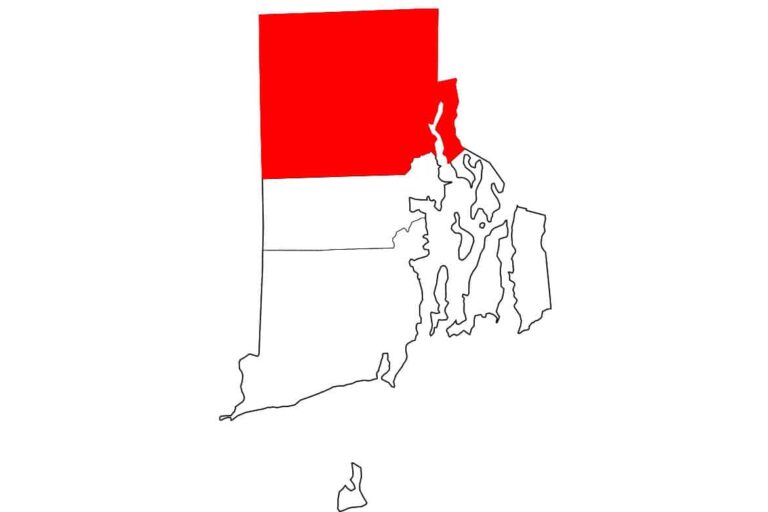
On May 23, the Pennsylvania Department of Agriculture released a statement through the Equine Disease Communication Center to clarify some false reports of a horse dying of neurologic herpesvirus in Chester County. Following is the report they released.
There was a Chester County, Pennsylvania, horse that tested positive for EHV-1 that died on May 17 in isolation on a private farm. The post-mortem results indicated that the horse died of an unrelated medical issue, not from equine herpes myeloencephalopathy (EHM, the disease caused when EHV affects the central nervous system).
The Pennsylvania Department of Agriculture said there have been no other horses on the farm showing signs of EHV-1 infection and there is no “outbreak” as has been reported elsewhere.
The now-deceased horse had been placed in isolation at its home farm on May 15 when it began to show signs of illness, including abnormal gait and stance and a high fever. As EHV-1 was detected in the horse’s nasal swab sample, all horses at the Chester County farm were quarantined.
Based on the post-mortem findings, the low levels of EHV detected on the nasal swab sample, and the absence of EHV-related illness in any of the horses on the premises, there appears to be little risk for disease even for the horses that were in direct contact with the horse that died.
Furthermore, the two horses that had moved off the farm prior to the horse getting sick pose an even lower risk of spreading EHV-1, according to the Pennsylvania Department of Agriculture reports. Those two horses were returned to the home farm, remain under close monitoring, and have shown no signs of illness.
Following national guidelines, and in consultation with EHV regulatory experts, the horses on the home premises will remain under quarantine with monitoring for a minimum of 14 days from when the affected horse was isolated (beginning May 15). No quarantined horses have shown any signs of illness to date.
EHV-1 causes illness in some horses, but others can carry the virus without showing clinical disease. Horses that are under stress might be more likely to shed the virus.
For more information about EHV-1 go to https://aaep.org/sites/default/files/Documents/DiseaseFactsheetEHV.pdf.








